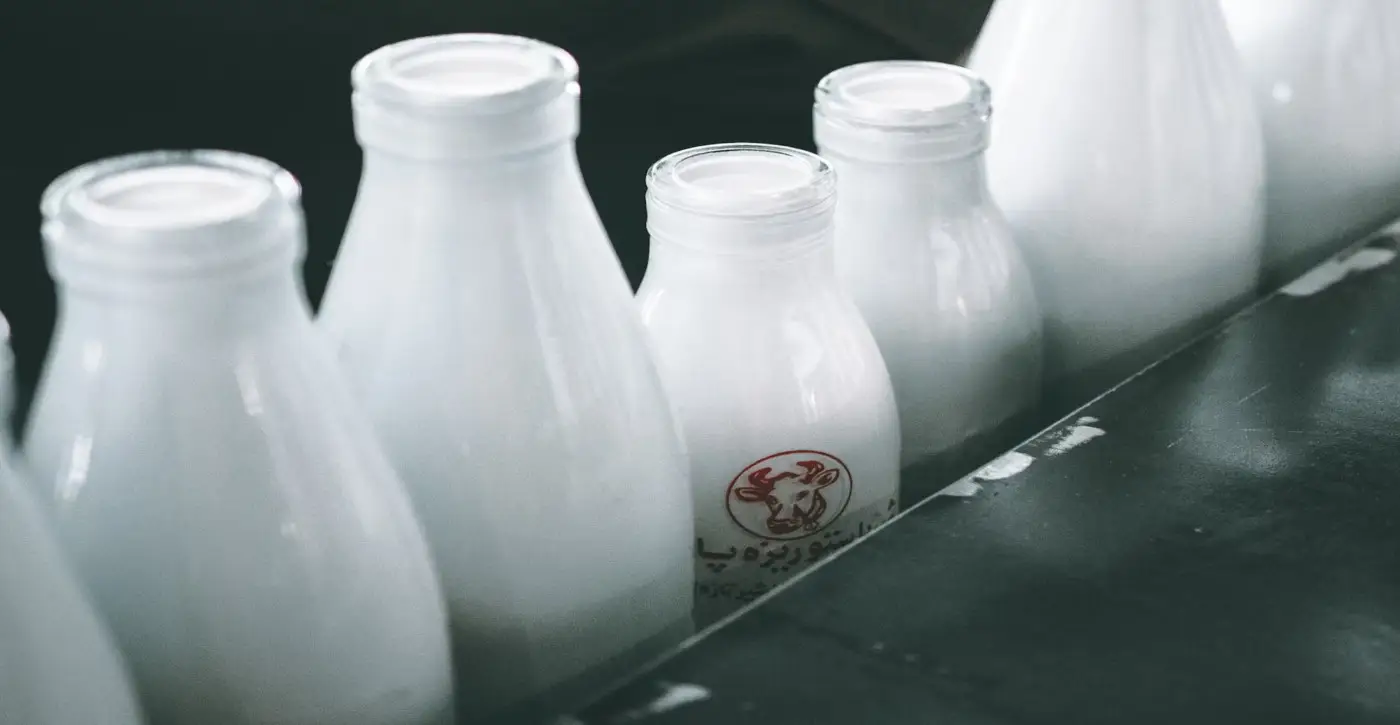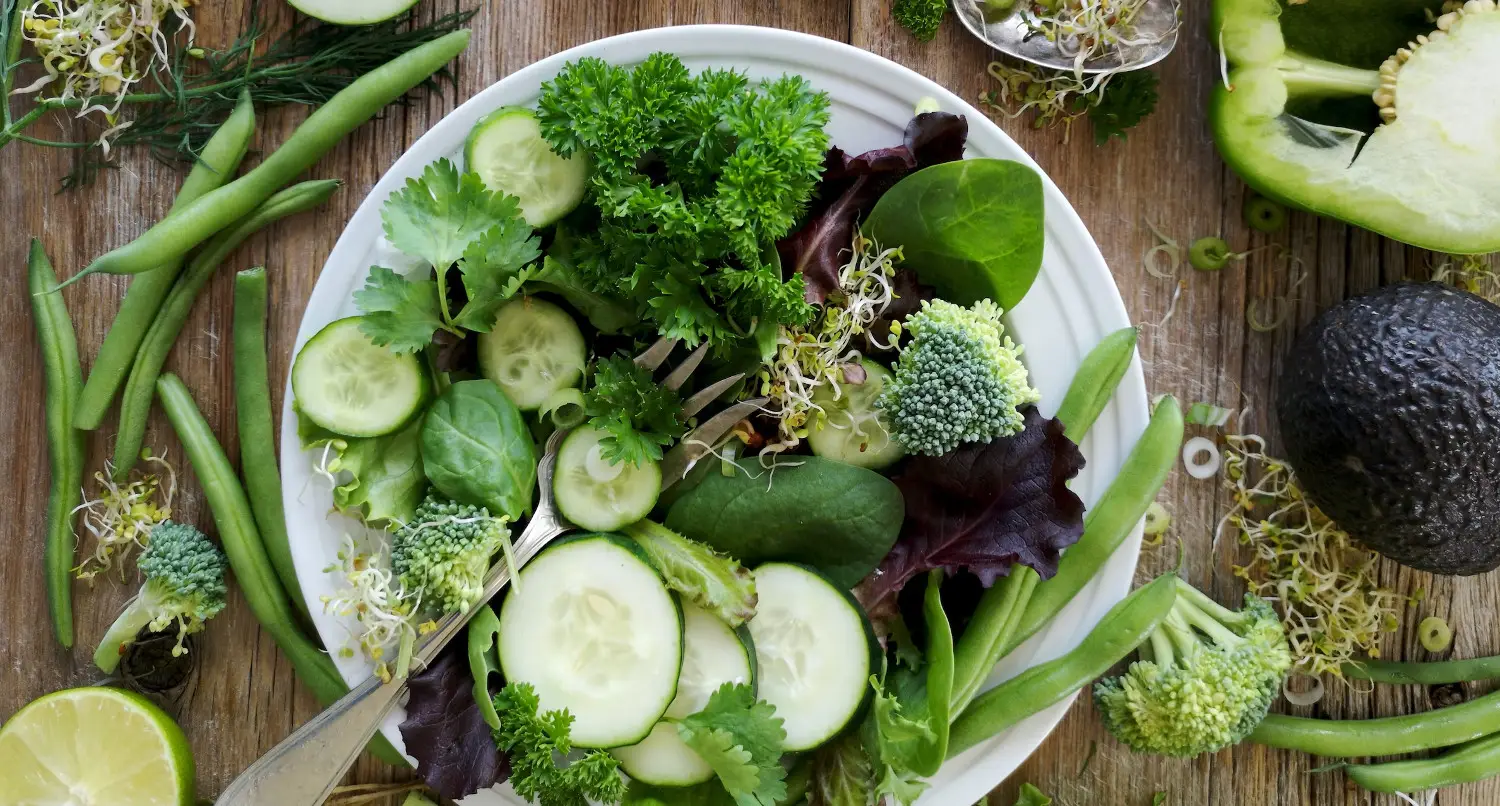Condensed Milk, Sweetened Lysine and Arginine Info Sheet
Overview
Condensed milk, sweetened is a dairy product that is made from cow’s milk that has been boiled down and sweetened with sugar.It has a thick, sticky texture and a very sweet, caramelized flavor.
It is often used as a dessert ingredient, a coffee additive, or a spread.
Condensed milk, sweetened is very high in fat, calories, sugar, and cholesterol, and low in protein, calcium, and vitamin A compared to regular milk.
It is not a healthy choice and should be used sparingly or avoided.
| Name | Lysine (mg/100g) | Arginine (mg/100g) | Ratio |
|---|---|---|---|
| Condensed Milk, Sweetened | 688mg | 314mg | 2.192 |
Condensed Milk, Sweetened contains 688mg of Lysine and 314mg of Arginine per 100g of product.
This means Condensed Milk, Sweetened has a very high Lysine-Arginine ratio of 2.192.
Because Condensed Milk, Sweetened contains much higher levels of lysine than arginine, it is highly recommended for people who suffer from herpes, as it may prevent outbreaks.
Lysine Considerations
Condensed milk, sweetened is a poor source of lysine, an essential amino acid that is important for protein synthesis, collagen formation, and immune function.
Lysine also helps prevent cold sores caused by the herpes simplex virus.
Lysine can help prevent or treat cold sores, which are blisters caused by the virus HSV-1, also known as herpes.
Lysine works by blocking the growth of HSV-1, which needs another amino acid called arginine to multiply and infect cells.
Lysine can only be obtained through diet, and can be found in different high-protein foods like milk and cheese, fish, eggs, meat and poultry.
Arginine Considerations
Condensed milk, sweetened is also a poor source of arginine, another essential amino acid that is involved in wound healing, nitric oxide production, and growth hormone secretion.
Arginine may also improve blood flow, lower blood pressure, and enhance sexual function.
Arginine can contribute to cold sore outbreaks, which are blisters caused by the HSV-1 virus, also known as herpes.
Arginine aids in the growth of HSV-1, which needs this particular amino acid to multiply and infect cells.
Arginine can be obtained through our diet, and is found in many high-protein foods such as nuts, seeds, and chocolate.
Regrettably, the herpes virus is known to "feed" on arginine, and a diet a good source of arginine compared to lysine may increase the frequency and severity of cold sores and herpes outbreaks.
Lysine-Arginine Ratio
Condensed milk, sweetened has a high lysine-arginine ratio, which means that it has more lysine than arginine.
This may be beneficial for people who suffer from herpes outbreaks, as lysine can inhibit the replication of the virus, while arginine can stimulate it.
However, the lysine-arginine ratio is not the only factor that affects herpes infection, and other dietary and lifestyle factors should also be considered.
Both lysine and arginine are important for protein synthesis and other bodily functions.
The two compounds can affect the herpes simplex virus, which is responsible for cold sores and genital herpes, in opposite ways.
Lysine can your body or stop the virus from reproducing, while arginine can help it propagate.
Eating foods with a high lysine-arginine ratio could help lower the appearance and severity of herpes symptoms.
Some foods that have a high lysine-arginine ratio are dairy products, fish, poultry, fruits, and vegetables.
These foods can give the body enough lysine to prevent the virus from taking up arginine, and thus stop its growth and spread.
Dietary Considerations
Dairy is a broad term that includes milk and any of the foods made from milk, such as butter, cheese, ice cream, yogurt, and condensed and dried milk.
Dairy is a good source of lysine, an amino acid that can help to prevent herpes outbreaks.
Milk has a high lysine-arginine ratio, which means it has more lysine than arginine, another amino acid that can stimulate the replication of the herpes virus.
Products that contain milk, cream, yogurt, and cheese also have high levels of lysine and can benefit herpes flare up prevention.
That said, some dairy and dessert products may also contain high levels of sugar, fat, and calories, which can weaken the immune system and trigger outbreaks.
These products should be consumed in moderation and with caution by people with herpes.
Some dairy products that are a good source of lysine and poor in sugar, fat, and calories are skim milk, low-fat yogurt, cottage cheese, and frozen yogurt.
Dairy-free alternatives to milk, such as oat milk, almond milk, coconut milk, and rice milk, may not contain such high levels of lysine as dairy products.

For example:
A well-balanced and healthy diet that strengthens your immune system and lowers inflammation is important.
This means you should eat a lot of fruits, vegetables, whole grains, lean protein, and good fats, and avoid processed foods, added sugars, alcohol, and caffeine.
Drinking enough water to keep yourself hydrated and remove toxins from your body.
Water can also help prevent dryness and irritation of the skin and mucous membranes, which can result in fewer outbreaks.
L-lysine supplementscan help you prevent herpes outbreaks and stop a cold sore before it develops by depriving the virus of arginine, which it needs to form a cold sore.
Taking other food supplements that can improve your immunity and protect your cells from oxidative stress, such as vitamin C, zinc, selenium, and antioxidants.
Avoiding foods that can cause allergic reactions or sensitivities, such as gluten, dairy, nuts, eggs, or shellfish.
These foods can trigger inflammation and weaken your immune system, making you more susceptible to outbreaks.
Foods that can boost your immunity and fight inflammation are essential to prevent outbreaks.
Honey, yogurt, aloe vera, and chamomile are some examples of these foods.
They can also soothe your symptoms and help you recover quicker by reducing pain, swelling, and itching.
Check more food information






